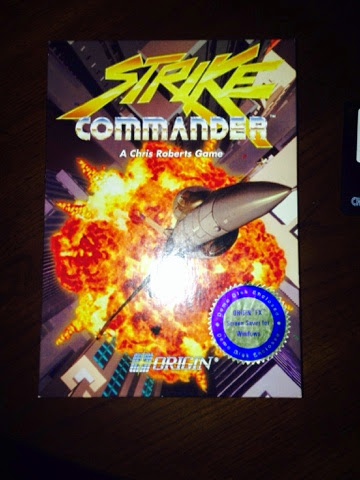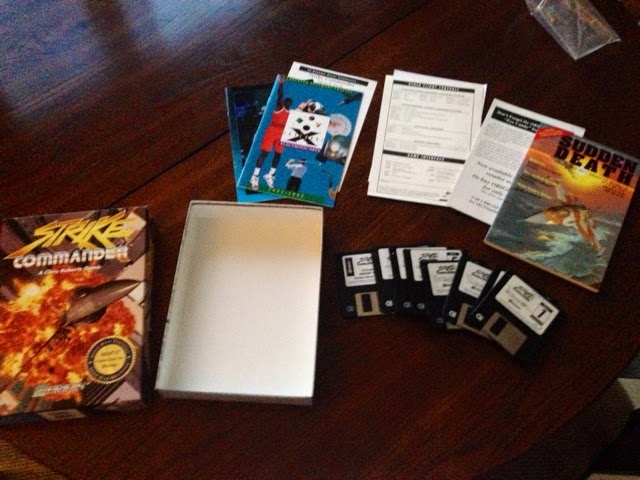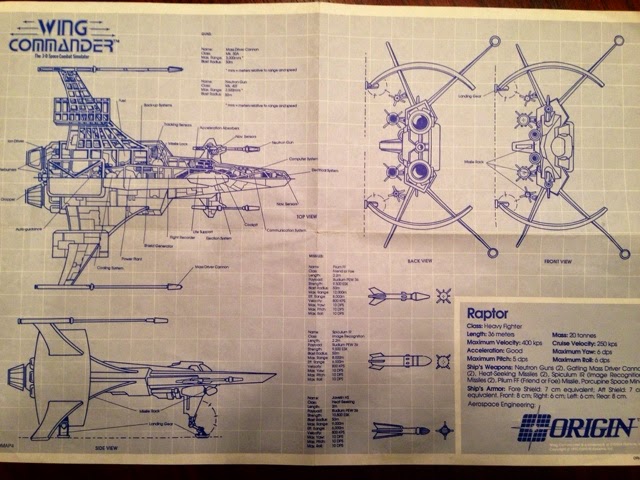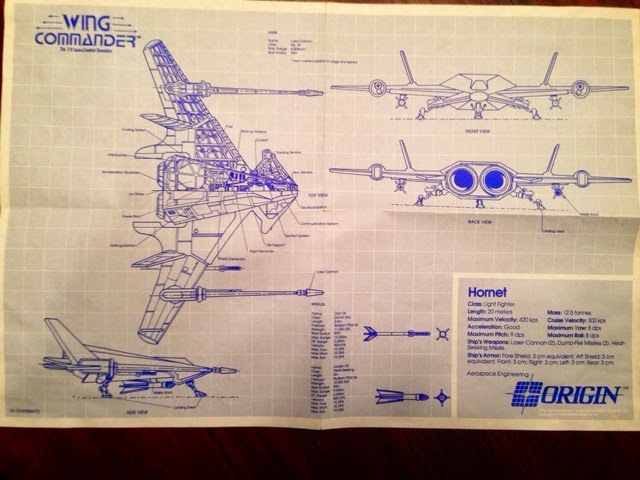Among retro gamer’s there are many points of contention. For the most part, these points are met with a great deal of fun and humor. For instance there has always been a great deal of back and forth about the PC gaming schism of the early to mid-90’s in which console gamer’s left behind SNES’s and Sega Genesis’s, and entered into the world of DOS and early versions of the Windows Operating System. This was an era that many retro gamers consider to be the golden age of PC gaming. This was the era of Sim City, Doom, Wing Commander, Command & Conquer, and realistic feeling flight sims like Microsoft Flight Simulator.
Back in those days PC gamers carried their heads a little higher than console gamers, and even felt a little superior. We had left behind the world of simple games like Super Mario Brothers and homogeneous fighting games like Mortal Combat, and entered a world of first person shooters, and both turn based and real time strategy games. Gaming went beyond the few simply buttons a console controller could offer, and exploded into a world of flight joysticks, mice, and keyboards, and more ways of playing games then ever.
But let’s be honest PC gaming back then was an entirely different experience then it is now. It wasn’t just all about how the game was played, it also how they where presented to us, and the community behind it.
Look at Strike Commander (above) as an example. Look at the packaging, with its highly decorated board game style thick cardboard box. Look at the care that went into making the experience of the game all that much more special. A book like manual filled with backstory and gameplay, a booklet covering the list of keyboard and joystick commands, a disk exchange post card, and a lot of extras, even the 3.5″ disks where decorated.
The game developers went above and beyond to bring the PC gamer into their world. Even the manuals were filled with imagination and extraordinary artwork, like the manual and play-guide from Subwar 2050 pictured above.
Let’s not also forget all the extras. Above are blue prints of the star fighters from the first Wing Commander game.
To the PC gamer in that golden era, we felt a cut above the rest. A console gamer got a small thin cardboard box, a cartridge, a tiny booklet type manual, and maybe extras. Look at what PC gamers got, usually for a game costing the same price as a console game.
Of course there where the downsides, like fussing with memory, not having the right hardware, and of course the cost of a PC back then. But, if you lived back then you no how it felt to be a PC gamer. A game wasn’t just a game it was an adventure waiting to happen.
Looking back nowadays as a “retro gamer” I see PC games and consoles games as part of a bigger picture of what games were like in an almost historical context. PC gamer’s and console gamer’s experienced completely different things in that era. Console gamer’s experienced classics that went on to become iconic in pop culture. Console gaming was much more inclusive, all it took was the console and a TV. For PC gamer’s the games were deeper and more epic, and although some have gone on to pop culture, many remain somewhat unknown, but well loved by a small intimate group of fans.
Unlike console games, PC games meant having a PC, a monitor, speakers, and ever changing hardware. There was an exclusivity to PC gaming that was not only created by price, but in the way in which PC gaming was almost an art. The ever changing hardware and environment of constant change in the PC world of the time, bought us together. We gathered into computer stores and talked about our computers and our games as we drooled over ever more powerful and bigger graphics cards, RAM, hard drives and microprocessors. Behind the games there was a community of gamer’s who learned about their machines inner workings, by figuring out the mechanics and changing parts out frequently. It was a totally different era and a world apart from console gaming.
As time wore on PCs became more and more powerful by default. The days of ripping your computer apart to upgrade this or that are almost forgotten since computers now have hard drives, microprocessors and RAM so large and powerful it will take a decade for games to catch up to them. On top of that it’s not uncommon to find PC’s and consoles sharing games nowadays. Look at Grand Theft Auto 5, or Assassins Creed IV for proof of that.
In many ways the feeling of community I had swapping stories with clerks and customers at an old school computer store, is similar to what I feel now in a retro game store. At the same time though I do miss that era, and I miss the time when PC gaming was something really special.






